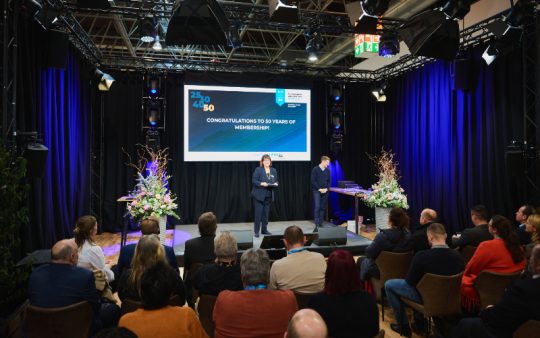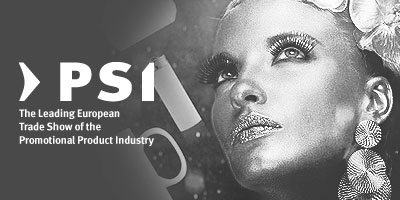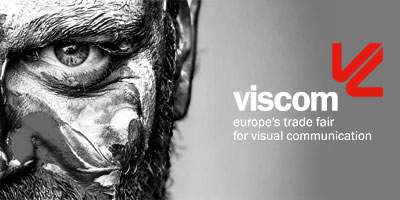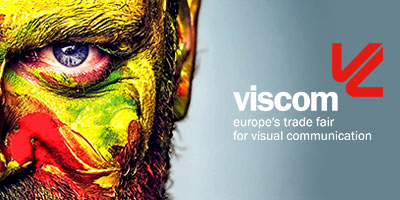Laser instead of chemicals

Published on 05.12.2019
The classical methods for producing jeans in used or stone-washed look demand the use of vast amounts of water, energy and chemicals. Furthermore, workers are exposed to toxic substances and particulate, in part due to using outdated processing methods, and their health suffers accordingly.
Jose Vidal and his nephew Enrique Silla founded Jeanologia more than 20 years ago with the objective of reducing emissions, waste and water consumption when finishing garments. By harnessing laser and nanotechnology, and the major increase in industrial productivity this brings with it, they managed to create sustainable solutions for the finishing industry, while always keeping in mind their goal of combining industrial productivity with ecological manufacture and socially acceptable working conditions.
Jose’s and Enrique’s secret recipe of having a collaborative team of creatives, technicians and scientists on-board has meant that the company has grown enormously over the years. Jeanologia is currently represented in 60 countries and on five continents. It plays a role in the finishing of more than 35 percent of the five billion pairs of jeans produced worldwide annually.
Normally, innovative technology is involved somewhere along the line, such as in the case of the “ozone washing machine”. Here, air is converted to ozone which recreates a sun-bleached effect on the fabric without using any bleach, dyes, water or chemicals. The process is quick and highly efficient.

When dyeing fabrics conventionally, water is used as a carrier substance. This water is then disposed of together with the dyes and chemicals. Jeanologia uses a technology which utilizes tiny beads of water to form a carrier film during the dyeing process to distribute the dye evenly over the fabric. This nanotechnology process uses significantly less water than conventional methods of production.

Furthermore, Jeanologia’s laser technology also makes it possible to add designs such as marbling, flame effects and different structures to textiles in an environment-friendly manner. Lasers etch and cut the fabric to give it the desired finish, creating an authentic, ecological and easily reproducible look. Using a “virtual sandpaper” in the form of a laser makes it possible to eradicate the need for manually scraping or sandblasting fabric. A process which it is highly dangerous for textile workers to carry out manually on account of the fine dust generated.
However, the most important topic for Jeanologia is still “water”. The company’s declared goal is to save and keep clean as much of this vital resource as possible. By combining laser and ecological technology it is already possible today to finish jeans and achieve an authentic vintage finish, dark look or dirt effects using no more than one glassful of water. Conventional textile finishing, on the other hand, requires around 70 litres for the same task.

Sustainability is becoming increasingly important in the textile industry and is one of our special focusses at PromoTex Expo. You will be able to experience many other business models and meet up with experts to discuss the topic of fair and sustainable textile production, eco design, the Green Dot, labels and certification, on the textile campus in Hall 12.
Images: Jeanologiea














